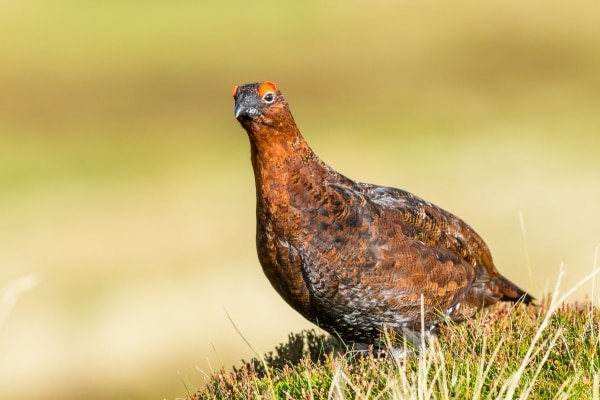
Scottish grouse Bill will damage the countryside, says BASC
BASC has warned the Scottish government of the “ruinous” impact the Wildlife Management and Muirburn (Scotland) Bill will inflict on the country’s biodiversity and rural economy.
Get information on the legal shooting season for mammals and birds in the UK.
Apply for funding for your project or make a donation today
Comprehensive information and advice from our specialist firearms team.
Everything you need to know about shotgun, rifle and airgun ammunition.
Find our up-to-date information, advice and links to government resources.
Everything you need to know on firearms law and licensing.
All the latest news and advice on general licences and how they affect you.
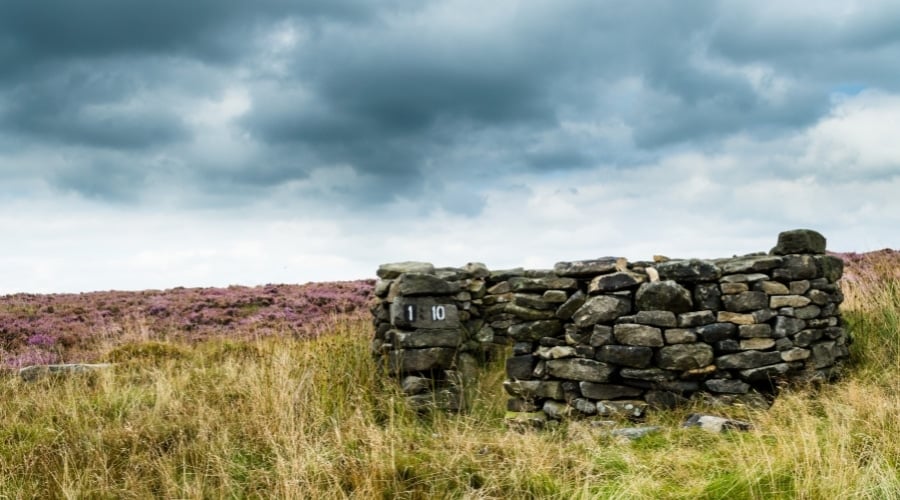
With the race to replace Scotland’s First Minister underway, there will be no let-up in the introduction of grouse licensing proposals, says BASC’s Peter Clark.
Many are debating and deliberating over what exactly was the straw that broke the camel’s back when it came to the resignation of Nicola Sturgeon as First Minister. Whomever is passed the torch, they do so with the Scottish Government set firm on a path to introduce some of the most controversial proposals ever, surrounding grouse shooting and moorland management.
Irrespective of the political turmoil and future SNP leadership, we do not have an early indication as to any postponement of the packed Programme for Government schedule, which unfortunately includes the Wildlife Management (Grouse) Bill.
The Bill is set to be published and introduced in Holyrood early to mid-March. Following this, the Rural Affairs and Islands Committee – the same Committee that considered the Hunting with Dogs (Scotland) Bill – will then enter a period of scrutinising the Bill and gathering evidence. At this time, BASC along with others will be conducting an ‘evidence gathering’ away day for MSPs, to fully understand the impact of the Bill.
The Bill places a licensing regime on grouse shooting, as well as restricting muirburn, snaring and trapping. Citing exactly which proposals are unsuitable and unworkable in our consultation response, we, from the outset, remain strongly opposed to the licensing of grouse shooting.
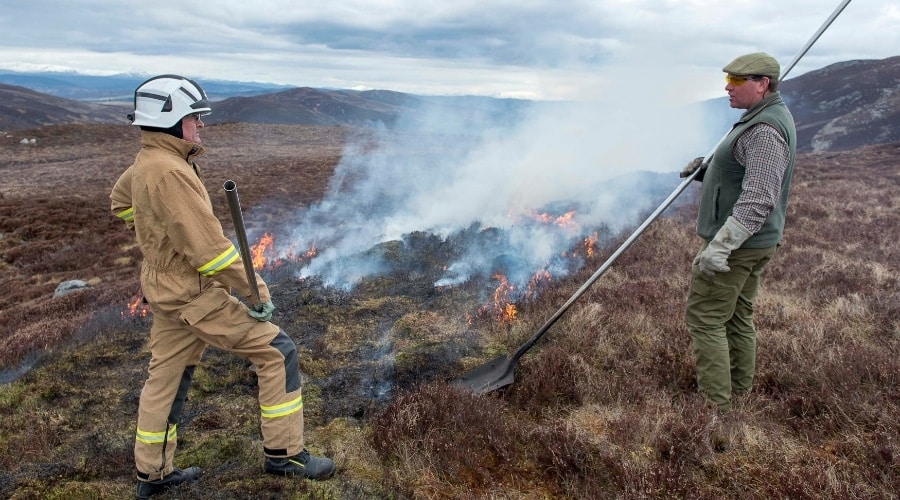
A fiery issue
Fundamentally, proposals linked to landownership are a fiery issue. Landownership underpins sporting rights, including the right to shoot grouse. Property rights like this are protected under the European Convention on Human Rights, so any state restrictions to shoot grouse could violate Article 1 of the First Protocol.
Crucially, losing the right to shoot grouse not only results in the immediate financial loss for the licence holder, but it has far-reaching consequences in respect to rural unemployment, depopulation and biodiversity loss. Remote and rural areas are already facing significant pressures due to the cost-of-living crisis and a ‘brain-drain’ to the Central Belt and other major cities.
The proposals are predicated on a tenuous link between wildlife crime and grouse moor management. With no concrete evidence available to suggest there are higher levels of wildlife crime on land managed for grouse shooting than elsewhere, the proposals are heavy-handed, given wildlife crimes are already punishable by Scots criminal law. Additionally, NatureScot has the ability to revoke a land manager’s general licence. Quite frankly, it is disproportionate and illogical.
What the consultation proposes is the licensing of all muirburn, and a statutory ban on muirburn on peatland (where peat has a depth of 40 cm or more) unless it is for habitat restoration, to prevent the risk of wildfire, or for research.
Muirburn provides a mosaic landscape which supports rich biodiversity, in both the context of flora and fauna. Yet the Bill’s proposals seek its further regulation and restriction.
Burning vegetation in the uplands is an essential tool in wildfire management and mitigation. While it can increase biodiversity, it is ultimately site dependent, and hence the Bill’s ‘one size fits all’ approach is simply unfeasible.
With wildfires increasing in intensity and frequency across the UK and Europe, we share the view of Scottish Fire and Rescue in recognising the importance of muirburn in preventing, reducing and tackling wildfires.
Contrary to proposals, it would unfeasible, laborious, and impractical for land managers to be expected to measure peat depth across their land as part of a licensing regime, in order to establish the depth of peatland at 40cm to determine whether they could burn or not.
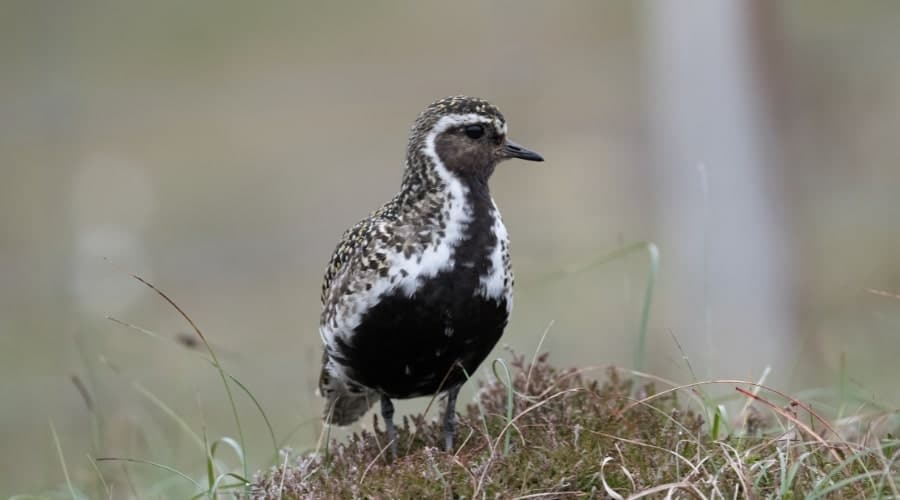
Traps and snares
Further to grouse moor licensing and muirburn is the inclusion of traps and snares within the Bill.
Initially, we did not envisage snares would be included in this Bill’s consultation. Nevertheless, the Scottish Government is considering additional training and registration for the use of traps.
There is also a threat to the continued use of snares. This should only be executed following an objective assessment of evidence-based concerns relative to the public good, prioritising species conservation.
During the Bill’s passage through Parliament, BASC will be putting forward arguments backed by evidence to the Scottish Government, Ministers and MSPs to ensure the correct path is taken.
We have specifically invited Minister for the Environment and Land Reform, Màiri McAllan, to visit a grouse moor and discuss the implications of the Bill as part of ongoing engagement. Time will tell if Ms McAllan is still in this position, which will be subject to the new First Minister’s new appointments.
Regardless of this eventuality, BASC will be keen to continue inform and work with whomever takes up the gauntlet, looking to a solution with land management organisations which ensures that the interests of shooting, rural communities and moorland management are robustly protected. This Bill must not run roughshod over the delicate balance of grouse shooting, biodiversity and moorland management.

BASC has warned the Scottish government of the “ruinous” impact the Wildlife Management and Muirburn (Scotland) Bill will inflict on the country’s biodiversity and rural economy.
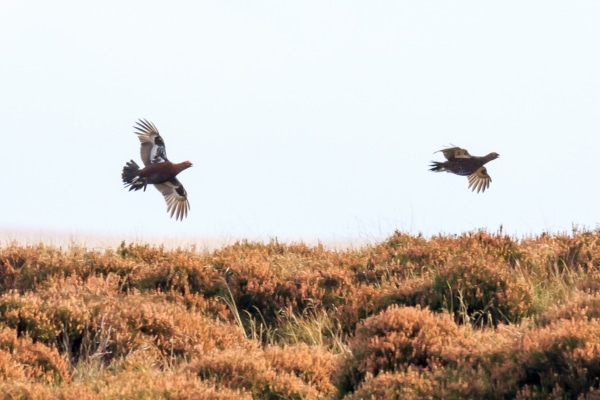
A second day of MSP voting on the Wildlife Management and Muirburn (Scotland) Bill has seen a vital BASC amendment accepted.

The Scottish government has announced a consultation on the use of snares in Scotland.